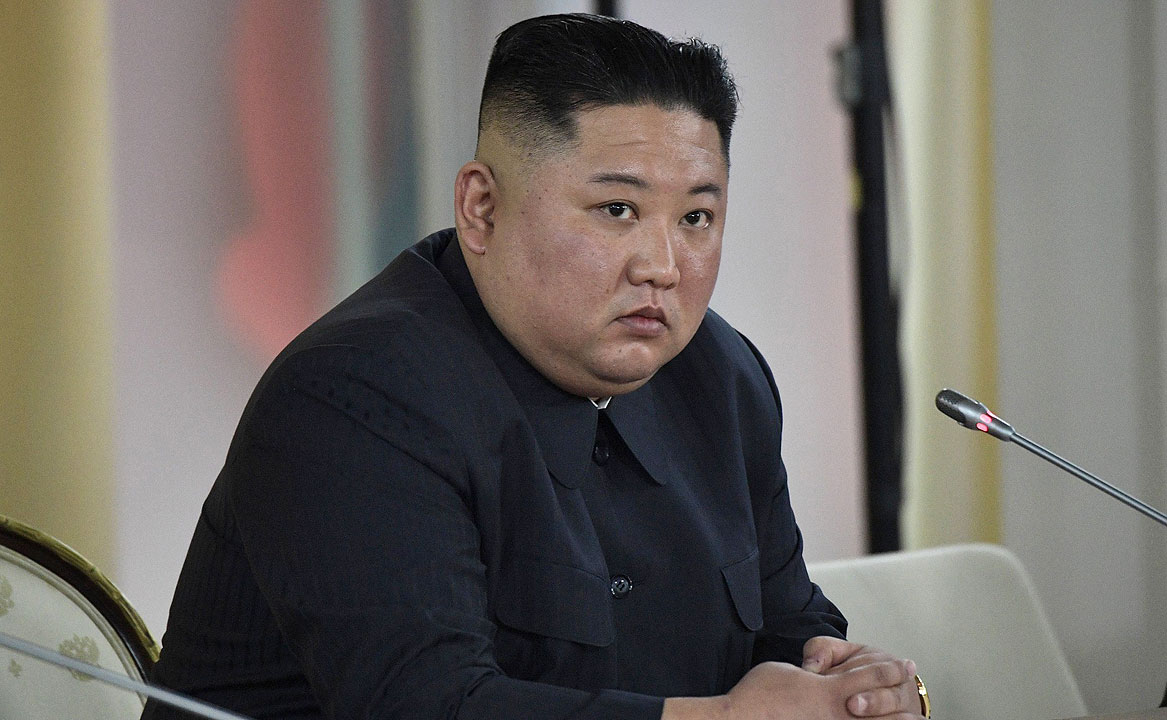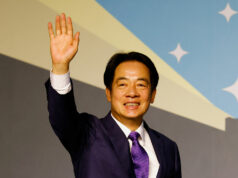
SEOUL – North Korean leader Kim Jong Un on Monday called for the constitution to be changed to ensure that South Korea is seen as the “primary foe” and warned his country did not intend to avoid war should it happen, state media KCNA reported on Tuesday.
In a speech to the Supreme People’s Assembly, North Korea’s rubber-stamp parliament, Kim said he had concluded that unification with the South was no longer possible, and accused Seoul of seeking regime collapse and unification by absorption.
Kim said the constitution should be amended to educate North Koreans that South Korea is a “primary foe and invariable principal enemy” and define the North’s territory as separate from the South.
“We don’t want war but we have no intention of avoiding it,” Kim was quoted as saying by KCNA.
North Korea should also plan for “completely occupying, subjugating and reclaiming” South Korea in the event of a war, and South Koreans should also no longer be referred to as fellow countrymen, Kim added, calling for the severing of all inter-Korean communication and the destruction of a monument to reunification in Pyongyang.
Three organisations dealing with unification and inter-Korean tourism would also be shut down, state media added.
South Korean President Yoon Suk Yeol, at a cabinet meeting, said Pyongyang was being “anti-national” for calling the South a hostile country.
Kim’s call for constitutional changes come as tensions have worsened in the Korean Peninsula recently amid a series of missile tests and a push by Pyongyang to break with decades of policy and change how it relates to the South.
Analysts have said North Korea’s foreign ministry could take over relations with Seoul, and potentially help justify the use of nuclear weapons against the South in a future war.
Ruediger Frank, professor of East Asian Economy and Society at the University of Vienna, said Kim’s new policies “will trigger a cascade of changes across inter-Korean relations and regional dynamics”.
“This opens the door to regular interstate relations, including both diplomatic normalization and potential conflict,” Frank wrote in the report for the US-based 38 North project. – Reuters



